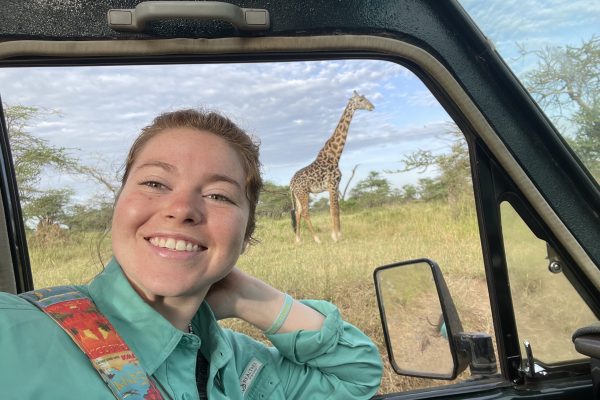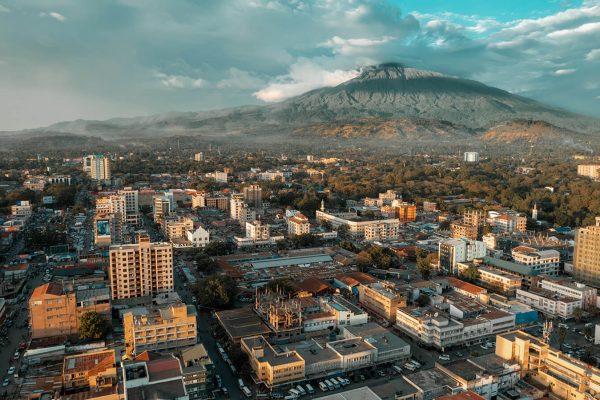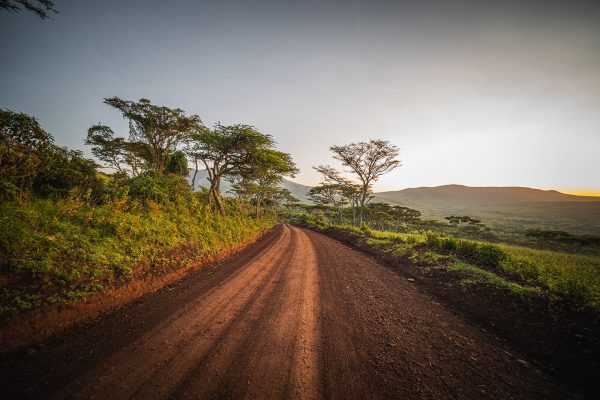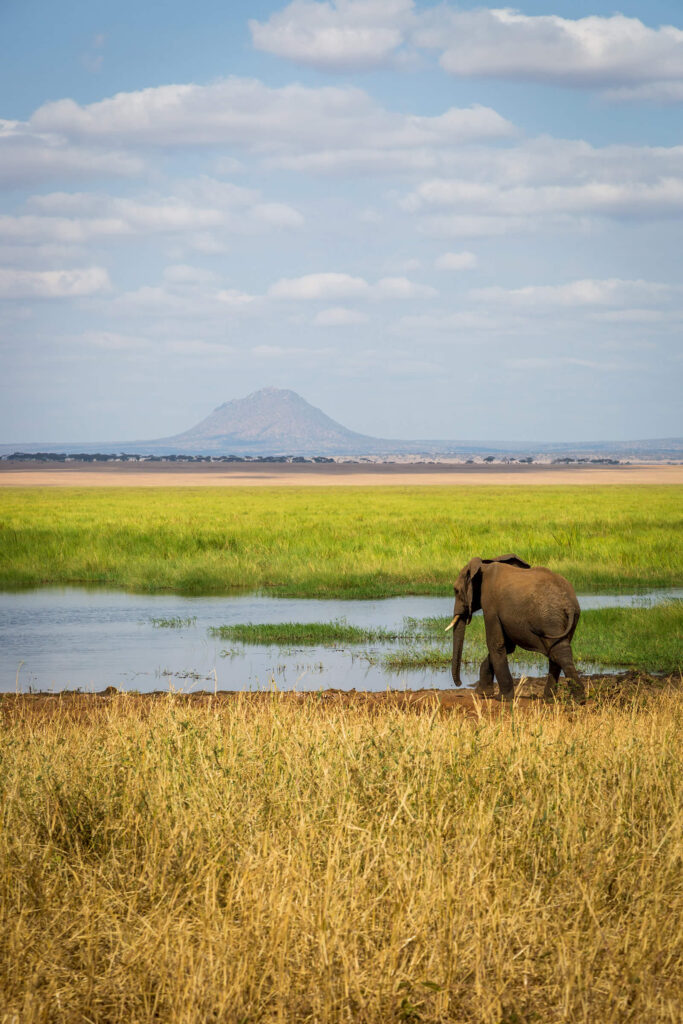Africa’s cultural, political, and economic importance should not be underestimated. As the continent’s population and economy grow, so does its influence. AFR/PLSC 297 examines how African states and non-state actors formulate and pursue their interests in continental and global arenas.
Of particular concern are efforts to create institutions and norms to guide trans-border relations between African countries, as well as the interactions with non-African actors like China, France, Russia, the United States, the United Kingdom, the United Nations, and the International Financial Institutions. Key areas of concern include the environment, sustainable development, human rights, and human security.
An embedded option for AFR/PLSC 297 allows students to spend two weeks in Arusha, Tanzania, home to the East African community and arguably Africa’s most successful effort at regional integration. Located at the foot of Mount Meru and close to Mount Kilimanjaro, Arusha is Tanzania’s wildlife capital bringing together people from all over East Africa. Through an immersion in East African culture, students will gain a deeper understanding of the economic, environmental, political, and religious drivers of East African foreign policies. Planned activities include field visits to analyze the problems facing pastoralist communities, like the Maasai, and meeting with entrepreneurs to hear their take on economic integration. To gain a deeper appreciation of the grandeur of East Africa’s natural resources, short excursions will be taken Tarangire and Arusha national parks.
Program Dates: May 22–June 4, 2024



Students must be enrolled in an African Studies (AFR) course for the spring 2024 semester. Participating students will be enrolled by the department in the 0.25-credit AFR/PLSC 297 course in the summer for the travel portion.
Bruce Heilman (beh157@psu.edu)
- Program Fee: $5,330 for 10–14 students; $5,055 for 15–19 participants.
- In-Country Costs: $200 (meals, spending money, etc.)
- Optional Travel Protection Plan: $279—can be purchased at time of trip registration
If you are not taking a full-time credit load in the summer semester, the 0.25-credit summer course will be an additional cost of tuition at a flat rate of $200.
Students should also review their academic term plans to determine any financial implications, especially if you plan to take over the maximum 19 credits in a semester. Students can anticipate actual charges using the University’s updated Tuition Calculator.
NOTE: The embedded program fee will be billed to participants’ Penn State Office of the Bursar accounts in late April, and the payment is due Wednesday, May 22, 2024.
- The embedded program fee includes: airfare, hotel accommodation, transportation to/from the airport to the hotel in Arusha, transportation and fees related to program activities, most meals, emergency and administrative support
- The embedded program fee does NOT include: course tuition, domestic transportation to/from the airport, some meals, spending money (souvenirs, gifts, etc.), gratuities, fees related to visa or passport, optional travel protection plan
Please indicate your interest to Bruce Heilman, the faculty leader, by submitting the interest form. This form does not commit you to the program.
To officially commit to the program, please thoroughly read and submit the Official Financial Commitment Form by Thursday, February 1, 2024.
Students with questions may email Bruce Heilman.
There are several official avenues for embedded program funding within the University. The primary ways are through the Liberal Arts Career Enrichment Network and Penn State Global, but students can also explore funding opportunities through their academic department, the Student Engagement Network, or Undergraduate Research and Fellowships Mentoring.
Get career ready!
Embedded programs help students to gain key skills that employers are most looking for in college graduates, according to the National Association of Colleges and Employers (NACE). Below are 1–2 major competencies students can start to develop by participating in this program.
Career and Self-Development
Utilize the opportunity to learn about East African politics from experts on the ground and take part in basic Kiswahili language lessons to expand your global repertoire for use in future academic and professional settings.
Professionalism
Represent your university and country by presenting yourself in a positive fashion and manner while visiting prestigious academic institutions like Tumaini University Makumira.
Want to hear more? Meet with a Liberal Arts career coach in the Career Enrichment Network to discuss your experience and identify even more ways that this program can enhance your personal and professional development!
